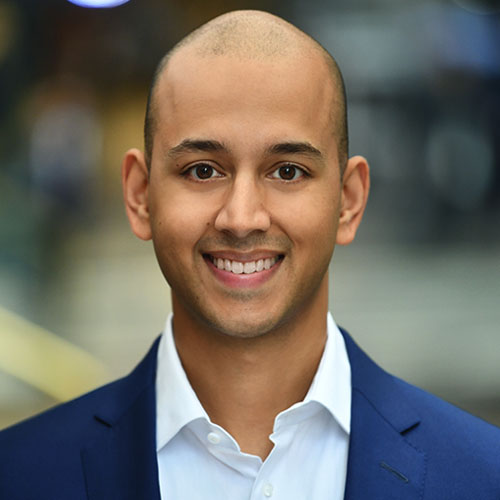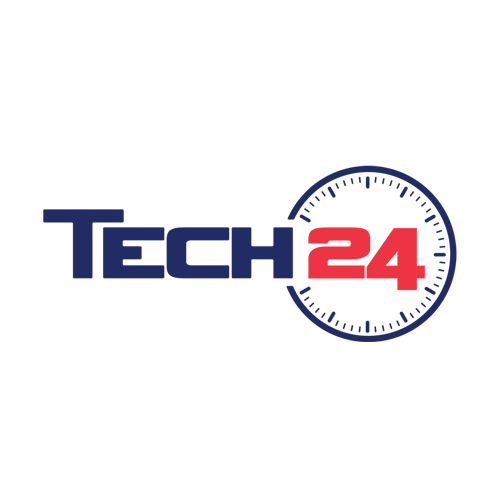In Their Own Words With Vestar’s Norman Alpert
WSJ Pro Private Equity
By Laura Cooper
Published December 28, 2017
Each year, WSJ Pro Private Equity asks thought leaders in the private-equity industry to share their perspectives on the year that has just passed and their outlook for the year ahead.
Norman Alpert is co-president and a founder at New York midmarket buyout shop Vestar Capital Partners, where he leads the firm’s health-care group. Vestar typically invests $50 million to $150 million of equity in companies with valuations of $100 million to $1 billion, according to the firm’s website.
Q: What surprised you the most in 2017?
A: 2017 has been another strong year economically in the U.S. overall and for private equity specifically. I am constantly amazed at the resilience, flexibility and optimism embedded in our economy, workforce and markets. For PE, these factors created an incredibly positive environment for new investments and exits. A near-perfect combination of stable growth, low interest rates, easy credit and high valuations produced outstanding performance. What’s also surprising is that all this occurred during a volatile political, social and global environment where civil discourse, tolerance and bipartisan legislative progress seem less present than ever.
Q: What do you think will be the biggest challenge your corner of the industry will face in 2017?
A: We are entering the ninth year of a solid, low-growth cycle, poised to become the second-longest recovery since [World War II]. Extended periods of very good investment performance tend to produce complacency, overconfidence and, ultimately, excessive risk-taking. I don’t know if 2018 will be the end of this highly profitable period, but the odds are it is coming sooner rather than later. For those of us who invest in health care, the uncertainty surrounding financing and access policy makes many provider and services opportunities more challenging. On the other hand, there remain tremendous opportunities to find smaller innovative health-care companies making a real difference to health-care quality and cost.
Q: What are your thoughts on the possibility of a recession in the coming year, and how is that shaping your investment strategy?
A: No apparent economic signals suggest a downturn is imminent. Our sense is an exogenous geopolitical shock is the biggest risk. However, we are approaching each investment with a clear understanding that the current economic cycle will end, interest rates may rise and valuation multiples will decline. We devise clear strategies to manage risk, develop growth and contain costs, positioning each company to respond to the inevitable surprises that lie ahead.

